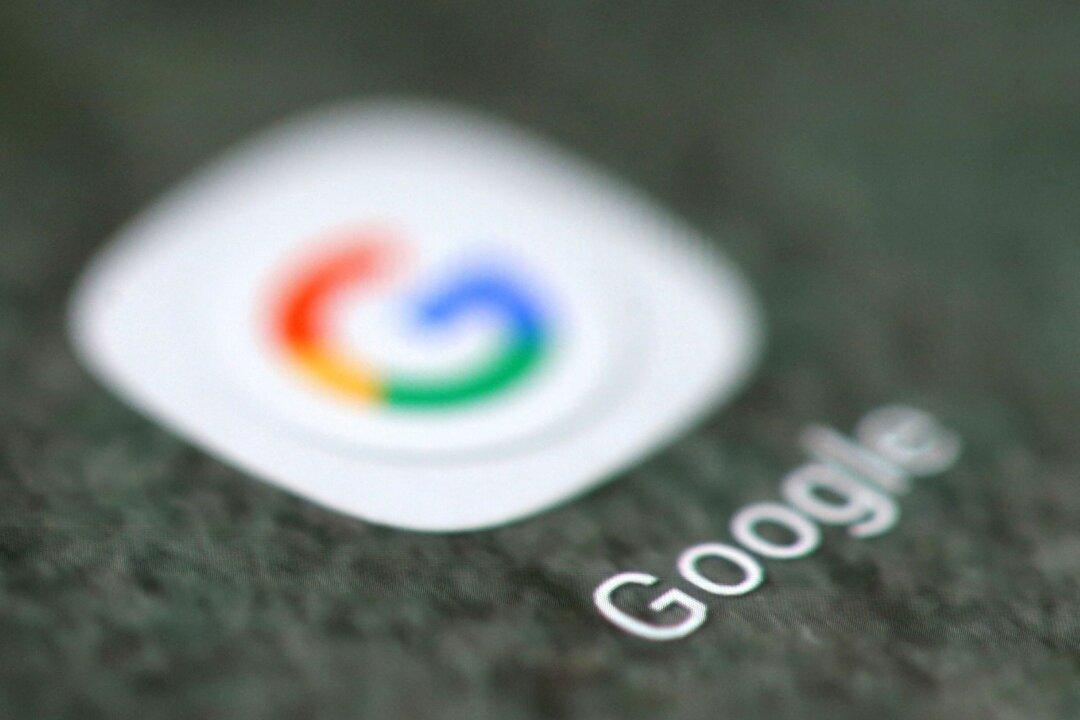As candidates ready themselves for the 2022 midterm elections, Republicans are demanding the Federal Election Commission (FEC) investigate Google on allegations of inherent political bias against Republican candidates embedded in the search engine’s algorithms.
On April 27, the Republican National Committee (RNC), National Republican Congressional Committee (NRCC), and National Republican Senate Committee (NRSC) filed a joint complaint with the FEC to investigate the claims made by researchers at North Carolina State University (NCSU) that Gmail’s algorithm “makes it much harder for Republicans to reach their supporters” than Democrats and stifles the fundraising efforts of Republicans.





